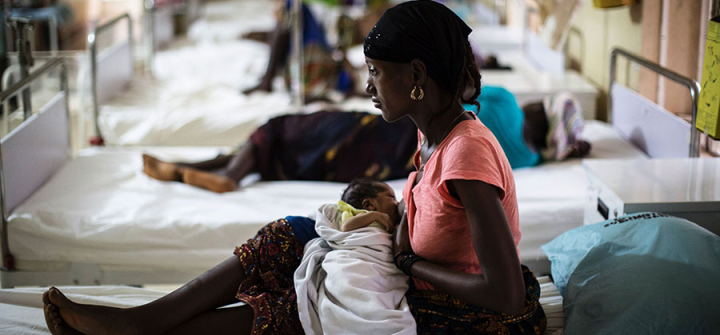Intimate Partner Violence Deters Breastfeeding
The toll of intimate partner violence on breastfeeding is rarely considered, much less researched.
Yet in a recent PLOS Medicine article, Rishi Caleyachetty, an assistant professor in the University of Warwick’s medical school, and colleagues delved into the issue. Relying on data from Demographic and Health Surveys from 51 low- and middle-income countries, the researchers measured IPV’s impact on mothers’ breastfeeding within 1 hour of birth and its effect on exclusive breastfeeding in children’s first 6 months.
What did you find?
Evidence of the influence of maternal exposure to IPV on breastfeeding is limited. Mothers exposed to IPV were less likely to engage in initiating breastfeeding within the first hour of birth and breastfeeding exclusively in the first 6 months.
What does this mean for the future?
Currently, the WHO does not recommend universal screening for IPV in women in health care settings. But the lack of evidence should not stop health workers in LMICs from considering targeted screening of women in the antenatal setting. This is crucial in identifying women who have experienced or are experiencing IPV, connecting them to essential services, and supporting them to initiate breastfeeding early and exclusively for 6 months.
A mother nurses her newborn at the maternity ward of the Kailahun Government hospital on April 26, 2016, eastern Sierra Leone. Image: Marco Longari/AFP/Getty




